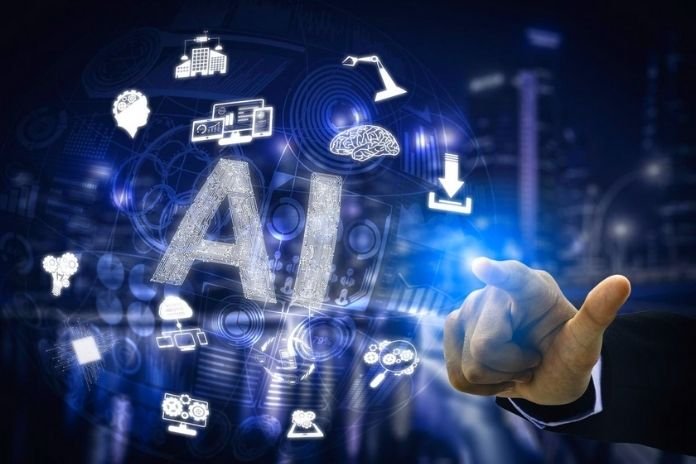How Will Types Of Artificial Intelligence 2.0 Impact The World?
If what people knew as types of artificial intelligence could be simplified into a few terms, they would stand out: machine learning. Such as voice analysis, big data, internet, connection, and mobile devices.
Most of these solutions have proven to be very effective. However, they all still share one characteristic: they do not complement each other on a broad scale. At least not entirely, in a cycle. They were created for unique purposes — but they are now beginning to be re-signified. In AI 2.0, the aim is to reach the era of ubiquitous computing, in which society and information technology coexist, with the latter fully integrated into people’s daily lives.
Does this concept remind you of anything? You are right if you thought of intelligent cities (or even intelligent houses). These are the first steps within types of artificial intelligence 2.0 that have an obvious objective: instead of being distractions (and often incompatible), mobile devices, devices, gadgets, software, and hardware will add value to each person. Thus, a new stream of data will be incorporated into the big data with each new device. This will increasingly refine the way society reacts to the person.
If we talked about dispersed and disconnected solutions before, we now speak about real connections. A complete cycle. The globalization of the digital environment so that all processes are automated and efficient. The endpoint of all this is in the human being because types of artificial intelligence 2.0 seeks to promote a people-centered life, automating and streamlining other steps unrelated to human actions. All this through technology.
How Are Companies Developing And Applying Types Of Artificial Intelligence 2.0 Solutions?
The importance of this movement starting in companies is to validate and encourage its use on a global scale. Therefore, some companies have already begun to take their ideas off the paper to put them on the market, promoting the beginning of Artificial Intelligence 2.0.
IT’s A Best Friend
Practical solutions to help the day-to-day teams in this sector will apply in crucial business processes. One of them is the virtual assistants, capable of answering calls related to other IT problems (from the classic “my computer crashed” to the more complicated ones) without interfering with the strategic routine of the specialized team. They still stand out for using machine learning tricks. They learn what improvements should create and then implement them.
The above novelty will adopt by Credit Suisse Bank in 2017 when it chose the Amelia chatbot system from the company . Another example is the possibility of Artificial Intelligence 2.0 performing a specific (and essential) type of management. Murphy Oil, an American oil company, has adopted an AI-based system from the company to help manage its cloud IT infrastructure.
The idea was so successful that, from a mere auxiliary, the Artificial Intelligence system became the company’s IT infrastructure manager. Now, all decisions will made base on the best source: data.
In this area, knowledge and human action are still vital. Therefore, the existing solutions preserve punctuality and take the burden off the team to focus on strategic points of its operation. However, as big data, machine learning, and AI 2.0 begin to gain ground, it will expect that automation will increasingly embrace the IT industry.
The Revolution Is Seen In Other Market Sectors
Other sectors are experiencing a revolution: solutions that put the user at the center of everything. In this way, the customer experience becomes a priority. The mixer is an example of this. The car tracker also has the auto assistant function, indicating the best routes for the driver. It also reads the car’s condition, reports problems, and even facilitates contact with mechanics.
Fleury, which operates in the health sector, is also putting its chips on AI. In partnership with IBM, it is in the process of implementing a digital assistant capable of assisting in medical decisions. Watson for Genomics will extract data and information from already published research, articles, and studies, providing more foundation for critical decision making.
Now, people are witnessing the pinnacle of Artificial Intelligence. So the time for evolution is perfect. The globalization of connection, digital services, and automation promise to improve every step of people’s daily lives. But Artificial Intelligence 2.0 has to start somewhere.
Also Read: Seven Artificial Intelligence Technologies Presented By Google
Share this content:











Post Comment